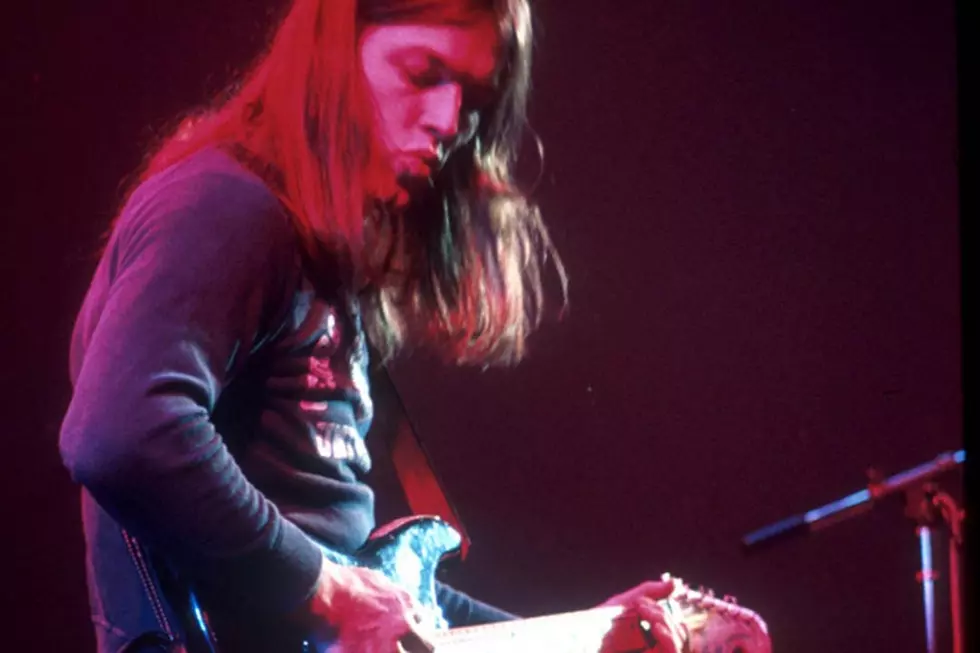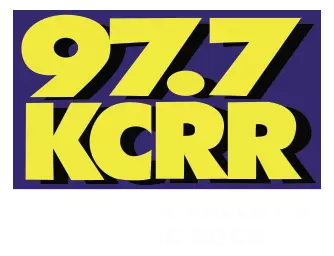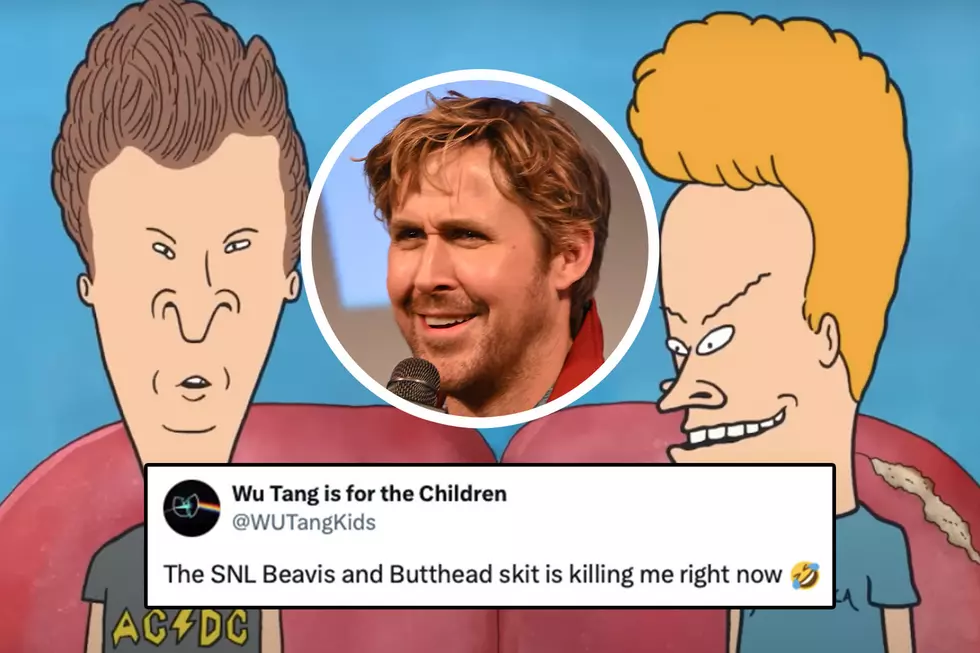
Why More Than 500 Pink Floyd Fans Were Arrested at L.A. Shows
In early 1975, Pink Floyd announced that they’d tour the U.S. in April while working to finish the upcoming album Wish You Were Here. Floyd fans snapped up the tickets, especially in Los Angeles, where the band scheduled what Billboard called “an unprecedented five-night stand” between April 23-27 at the Los Angeles Sports Arena.
Rock fans in the City of Angels rejoiced, while Edward M. Davis seethed. The self-proclaimed “meanest police chief in the history of the United States” hated rock music and all of its trappings. After becoming the city's top cop in 1969, Davis doubled-down on a department policy that saw L.A. rock fans arrested for minor offenses while attending shows. Rolling Stone reported in 1975 that “thousands” of concert attendees had been charged with everything from marijuana possession to underage drinking since 1967. The Free Press spelled out the obvious the same year: Davis’ unspoken, unofficial policy “is to discourage rock events in the city of L.A.”
In the weeks leading up to Pink Floyd’s residency at the Sports Arena, rumors swirled that the LAPD intended to use the shows as an opportunity to send a public message about drug use at concerts. In support of this claim, one fan would tell Rolling Stone that during his March arrest at a Robin Trower gig, he heard a cop say: “If you think this is something, you ought to see what we’re going to do at the Sports Arena.”
That first night of Pink Floyd's stand there, approximately 75 officers, both plain-clothed and uniformed, swarmed through the crowd. By the end of the evening, 88 fans had left in handcuffs. The next night, 134 more faced the same fate. Jim Rissmiller, one of the two men who promoted the concerts, criticized the police, saying officers “dragged kids out of the audience. ... I’ve never seen such an attitude of aggressiveness.”
Davis stood before an audience of his own at the Los Angeles Hilton while Pink Floyd performed on April 25. Speaking to Rotary Club members, Davis used the occasion to denounce the goings-on across town. “Tonight at the Sports Arena, under three governmental agencies, they have a dope festival," he said. "You could get stoned just walking through the place.” In support of Davis’s contention, police later estimated that about 70 percent of the crowd was smoking pot at that first Floyd show.
By the time Pink Floyd left town, the arrest total had reached an eye-popping level. In total, the LAPD arrested 511 individuals for various offenses. While most of the charges (364) involved “simple possession” of marijuana, other charges included “minors under the influence” and “sexual perversion,” a charge levied at kids who sought release at a nearby park.
In the wake of Pink Floyd’s performances, a significant backlash against Davis’ policies developed. The manager of the Sports Arena and the show’s promoters both termed the LAPD’s behavior as “harassment.” The Los Angeles Times reported that the fan behavior at the shows was “orderly” and suggested that local cops had a “double standard” when it came to policing rock fans. Most importantly, the civilian-controlled Los Angeles Police Commission called Davis to the carpet after complaints flooded in from the public.
In the face of this criticism, Davis was unrepentant. He labeled the manager of the Sports Arena a “crybaby,” and declared that California legislators who’d consider reducing criminal penalties for pot were “irresponsible, no-good sons of bitches.”
Despite Davis’ public defiance, pressure from the media and the police commission eventually forced him to change course during the remaining two years he served as chief. In October, police made few arrests at an Elton John concert at Dodger Stadium, an approach in line with Davis’ post-Floyd promise to city officials that at “large rock concerts ... law enforcement efforts will be concentrated on the more serious violations of the law (e.g. the sales and use of hard narcotics).”
Faced with the disapproval of large swaths of the public and growing numbers of politicians, Davis backed down. In the years that followed, evidence of this shift was in the air at concerts in the city: When house lights dropped, pot smokers indulged, knowing that the LAPD would look the other way while the performance was underway.
Edward M. Davis, you can be sure, remained none too pleased.
David Gilmour and Roger Waters Solo Albums Ranked
You Think You Know Pink Floyd?



